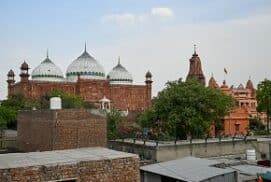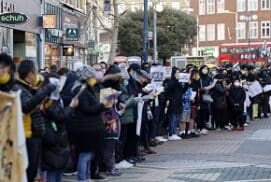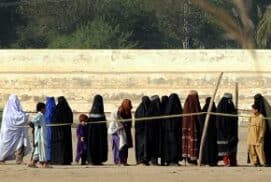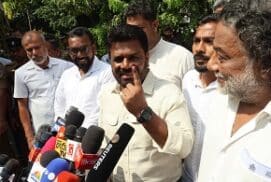Maria Tavernini 3 February 2026
Khurram Parvez has been in jail for over four years now. His crime? To be a Muslim human rights advocate from India-administered Kashmir who has been critical of the ruling Bhartiya Janata Party (BJP). In November 2021, the National Investigation Agency (NIA) arrested Parvez after having raided his home and office. He was charged under the Unlawful Activities Prevention Act (UAPA), reportedly on allegations of “terrorism funding, being a member of a terrorist organization, criminal conspiracy, and waging war against the state.” Human rights organizations that repeatedly called for his release allege Parvez’s arrest is motivated by his work documenting human rights violations in Kashmir.











